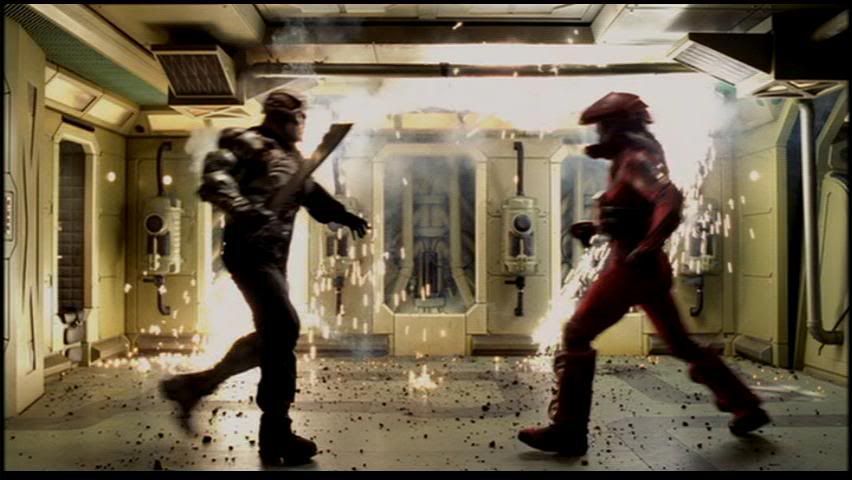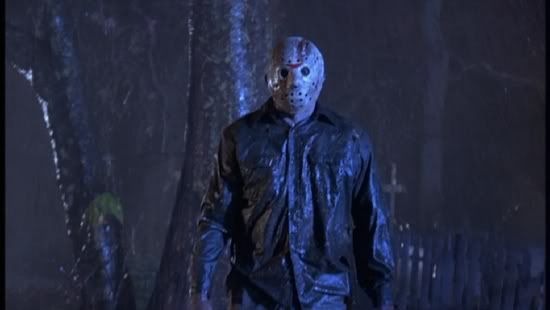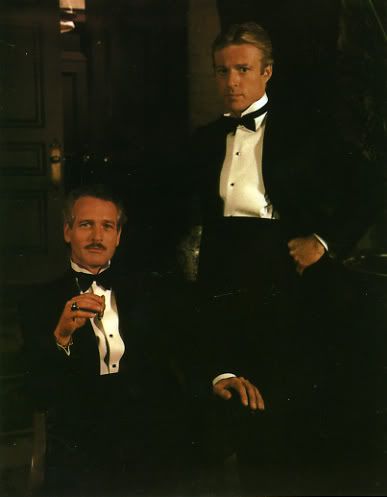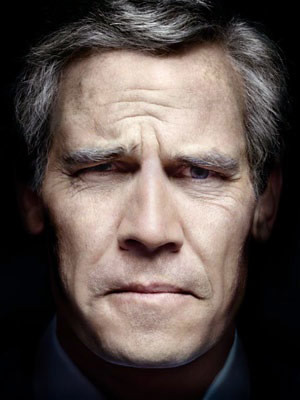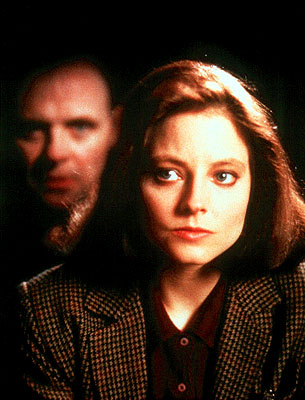
In my review of Taxi Driver I said that it was Martin Scorsese's first screw job at the Oscars. This one is the second and probably the most painful.
Raging Bull is the definition of a masterpiece. The greatest acting, direction, editing, etc. It all came together in this film.
Raging Bull is the story of middleweight fighter Jake LaMotta. I like to think of this film as the negative image of Rocky. Rocky works his way up from nothing while Jake flushes himself down to it (Ironically produced by Robert Chartoff and Irwin Winkler, producers of Rocky). The fight sequences in Raging Bull are simply amazing. Scorsese makes you feel like you're in that ring and you can smell the sweat and the blood. You can feel the heat of two guys beating the living shit out of each other.
But Raging Bull isn't a sports film. This isn't Hoosiers or Rudy. This is a character study. How can a man fall to pieces? Scorsese tells you how.
Robert DeNiro give us his single best performance in his career as LaMotta. You watch this film and he IS Jake LaMotta. DeNiro's performance is so intense that the sheer power behind his performance is enough of a reason the see this film.
Joe Pesci plays Jake's brother Joey, who seems to be the glue that holds LaMotta together. Pesci probably gives his best performance in this film as well.
Raging Bull is one of the greatest films ever made. There's nothing more that can be added to that.
 Freddy vs. Jason is the modern day equivalent to Frankenstein meets the Wolfman. It's basically about the fight at the end. There's no need for a plot (which this has very little of). The one thing I noticed from this film is the acting, which is horrid but I think it's because of some of the craptastic lines of dialogue these kids are given. And this is comparing to other Friday movies.
Freddy vs. Jason is the modern day equivalent to Frankenstein meets the Wolfman. It's basically about the fight at the end. There's no need for a plot (which this has very little of). The one thing I noticed from this film is the acting, which is horrid but I think it's because of some of the craptastic lines of dialogue these kids are given. And this is comparing to other Friday movies.